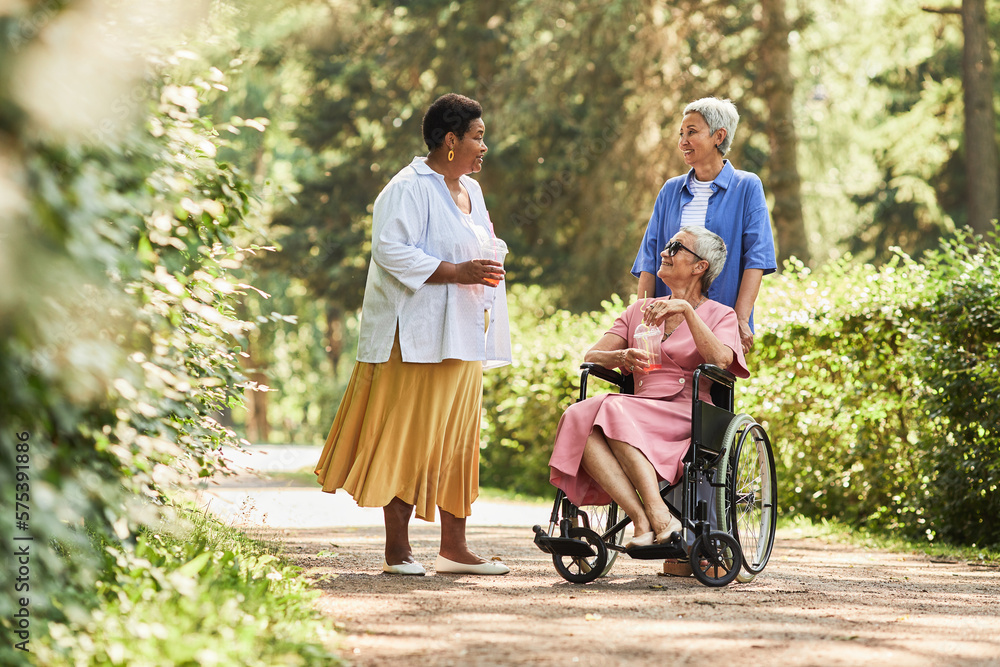Nosebleeds can be a common concern, especially in older adults. Understanding what causes sudden nosebleeds in the elderly is crucial for managing and preventing this unsettling condition. In this article, we delve into the various causes and provide insights for addressing this issue effectively.

The Anatomy of a Nosebleed
Before exploring why sudden nosebleeds occur in the elderly, it’s essential to understand the anatomy of a nosebleed. The nose is rich in blood vessels located close to the surface, making it susceptible to bleeding.
Prevalence of Nosebleeds in Seniors
Nosebleeds are quite common among older adults due to several factors, ranging from environmental influences to health-related issues. It’s important to recognize the frequency to address concerns appropriately.
Main Causes of Sudden Nosebleeds
There are numerous reasons why older adults might experience sudden nosebleeds. Here, we explore some of the primary causes:
Dry Air and Environment
Dry air, especially during the winter months or in heated indoor environments, can lead to nasal dryness and increased likelihood of a nosebleed. Using a humidifier can help mitigate this risk.
Medications and Their Impact
Many seniors take medications that can thin the blood, such as aspirin or anticoagulants, leading to a higher risk of nosebleeds. It’s crucial to manage medication with medical advice.
Health Conditions Affecting Bleeding
Conditions such as hypertension (high blood pressure) and blood disorders can escalate the risk of nosebleeds, making it important for seniors to monitor these health issues regularly.
Nasal Irritation and Injuries
Simple acts like blowing the nose too hard, picking the nose, or experiencing an accidental bump can all contribute to sudden nosebleeds in older adults.
Preventive Measures
Preventing sudden nosebleeds in elderly people involves making lifestyle and environmental adjustments.
Managing Humidity Levels
Keep indoor environments at a comfortable humidity level. Regular use of a humidifier can help maintain nasal moisture, particularly during dry seasons.
Diet and Hydration
A balanced diet rich in vitamins C and K, which are essential for blood clotting, along with adequate hydration, can be beneficial. Learn more about maintaining healthy weight for seniors.
Medical Consultation
Regular check-ups to monitor blood pressure and review medications are recommended. Consulting with healthcare providers about safe medications can prevent unnecessary risks.
First Aid for Nosebleeds
Knowing how to manage a nosebleed when it occurs is vital. Here are essential first aid steps:
Immediate Actions
Sit up straight and lean forward slightly, pinching the soft part of the nose to stop the bleeding. Avoid lying back, as this may lead to swallowing blood.
Seeking Professional Help
If bleeding persists for more than 20 minutes or is frequent, professional medical advice is necessary.
Implications for Elder Care
For those caring for the elderly, being informed about what causes sudden nosebleeds and how to handle them can alleviate stress and improve care.
Consider consulting resources like caring for elderly parents at home for comprehensive guidance.
Informed Caregivers
Caregivers play a vital role in recognizing symptoms and providing timely interventions, ensuring the safety and comfort of the elderly.
Conclusion
Understanding what causes sudden nosebleeds in elderly individuals is essential for prevention and effective management. Through awareness and proactive measures, nosebleeds can be efficiently managed, enhancing the well-being of seniors.

Frequently Asked Questions (FAQ)
Why are nosebleeds more common in the elderly?
Due to the thinning of the nasal skin and blood vessel fragility, nosebleeds can become more frequent with age.
When should I see a doctor for a nosebleed?
Consult a doctor if the nosebleed is frequent, severe, or lasts longer than 20 minutes.
Can medications cause nosebleeds?
Yes, blood thinners and some other medications can increase the risk of nosebleeds. It is important to review medication with a healthcare professional.
This article contains affiliate links. We may earn a commission at no extra cost to you.

